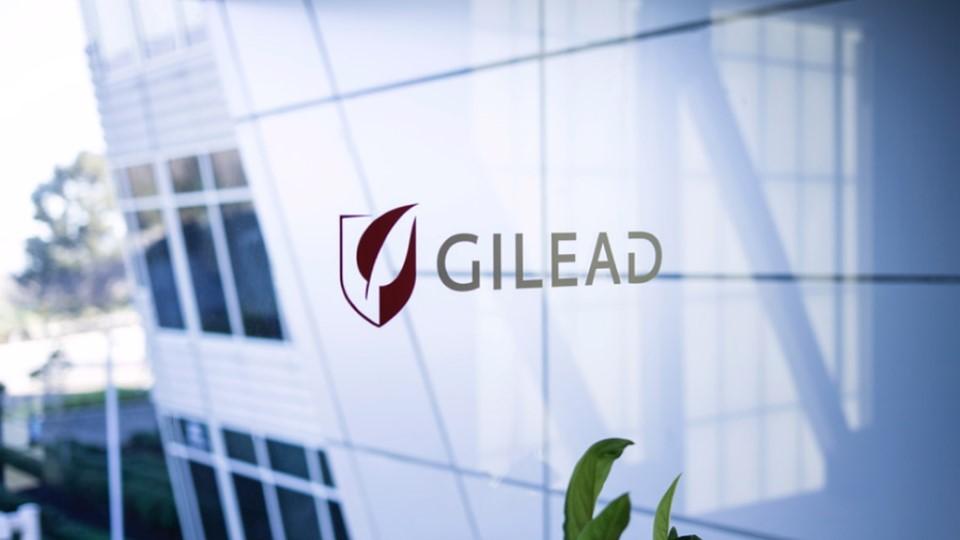Gilead strikes deal to expand HIV drug access in 120 countries

Gilead Sciences has taken a major step towards increasing global access to HIV prevention with the signing of royalty-free voluntary licensing agreements with six generic manufacturers, paving the way for increased production and distribution of lenacapavir, its long-acting HIV prevention medication, in 120 high-incidence and resource-limited countries.
The announcement comes swiftly after the drug achieved significant milestones in two pivotal Phase 3 trials PURPOSE 1 and PURPOSE 2. Data from both studies showcased the superiority of twice-yearly injectable, lenacapavir, compared to once-daily oral Truvada and background HIV incidence rates, prompting Gilead to unblind the trials ahead of schedule, and begin the process of seeking regulatory approval for pre-exposure prophylaxis (PrEP).
If approved, the six manufacturers – Dr Reddy’s Laboratories Limited, Emcure, Eva Pharma, Ferozsons Laboratories Limited, Hetero, and Mylan (a subsidiary of Viatris) – will be able to produce and distribute generic versions of lenacapavir without paying royalties to Gilead.
Lenacapavir, a first-in-class capsid inhibitor, is notable for its ability to inhibit HIV at multiple stages of its lifecycle. The drug has already been green-lit in multiple countries for the treatment of adults with multi-drug resistant HIV in combination with other antiretrovirals.
In a statement, Daniel O’Day, chairman and chief executive officer at Gilead, highlighted the importance of the initiative: “Given the transformative potential of lenacapavir for prevention, our focus is on making it available as quickly and broadly as possible where the need is greatest. Gilead teams have been working with urgency to bring on high-volume generic manufacturers now, so that we can ensure a rapid transition to these voluntary license partners after lenacapavir for PrEP is approved.”
Administered via subcutaneous injection every six months, the drug provides a convenient alternative for individuals at high risk of contracting HIV. This innovative approach has the potential to overcome adherence challenges that have historically hampered HIV prevention efforts in many settings.
“To stem the tide of new infections, and protect people most at risk from HIV, including young women and people from marginalised communities, long-acting HIV medicines are vital. Lenacapavir, which requires only two injections per year, could be game-changing – if all who would benefit can access it,” said UNAIDS' executive director, Winnie Byanyima, in response to Gilead’s announcement. “Much more work is still urgently needed to ensure that no one who needs lenacapavir is left behind and that Gilead’s commitment to rapid, affordable access is fulfilled.”
To bridge the gap until generic versions become available, Gilead has committed to supply the product at no profit to the company until generic manufacturers are able to fully support demand and is prioritising the registration of its branded lenacapavir in 18 countries that represent approximately 70% of the HIV burden in the nations covered by the license. These countries, identified through consultation with external partners, include Botswana, Eswatini, Ethiopia, Kenya, Lesotho, Malawi, Mozambique, Namibia, Nigeria, Philippines, Rwanda, South Africa, Tanzania, Thailand, Uganda, Vietnam, Zambia, and Zimbabwe.












